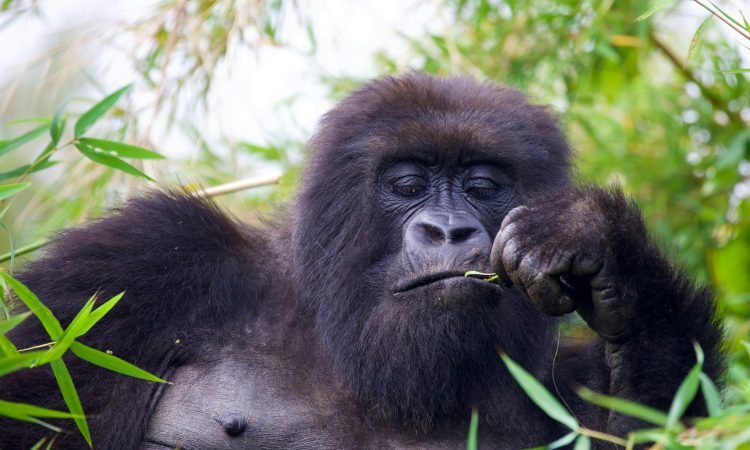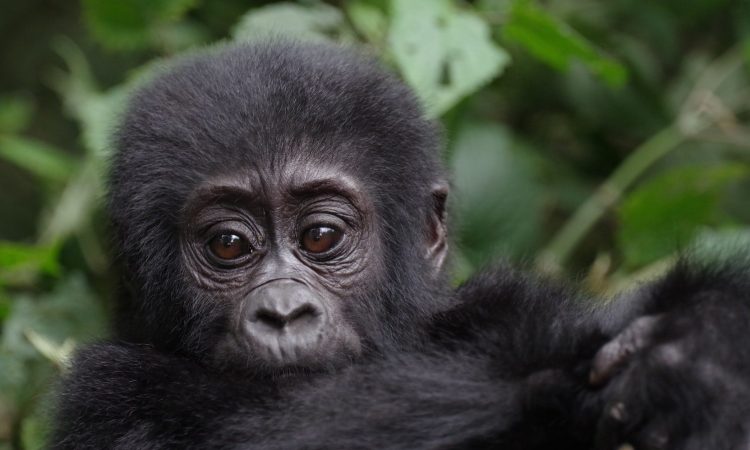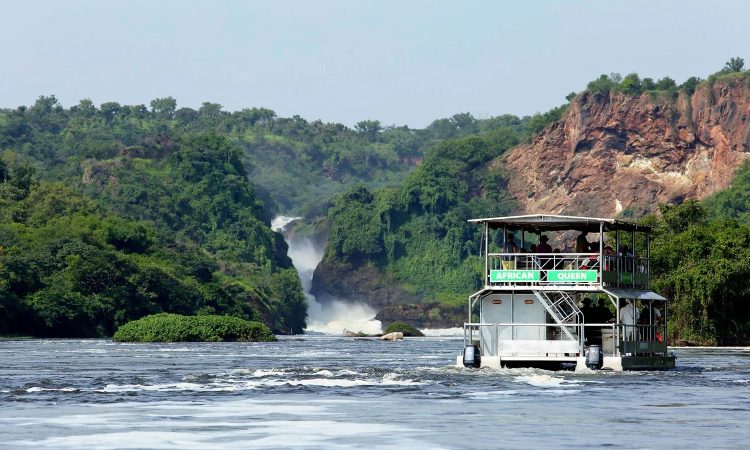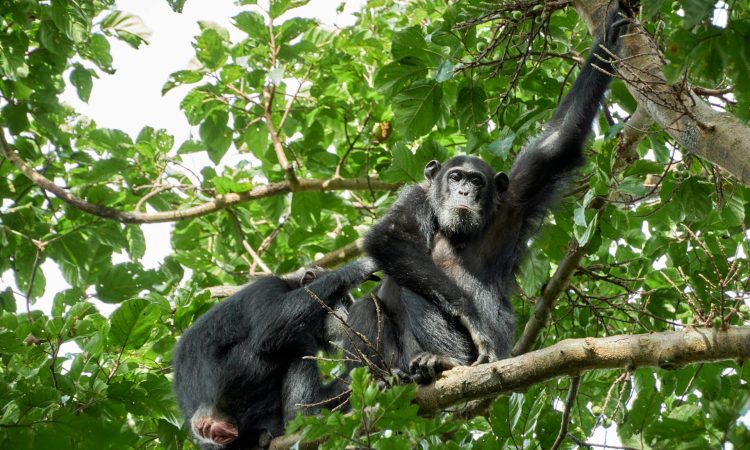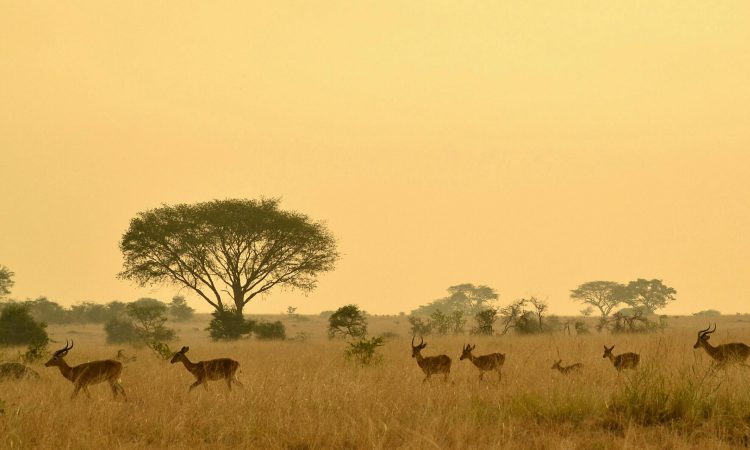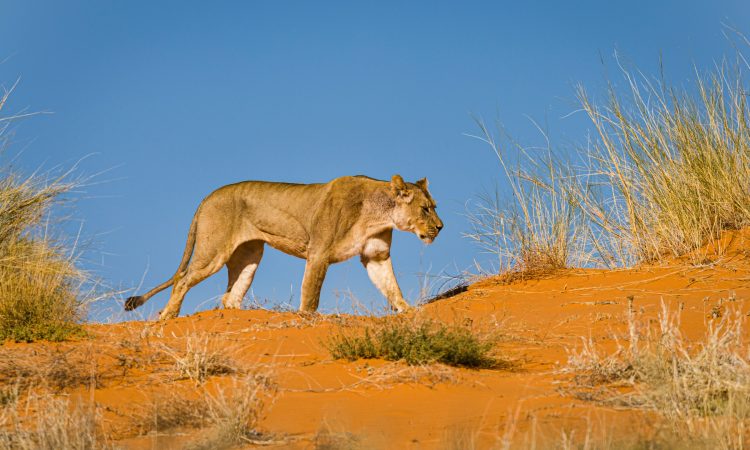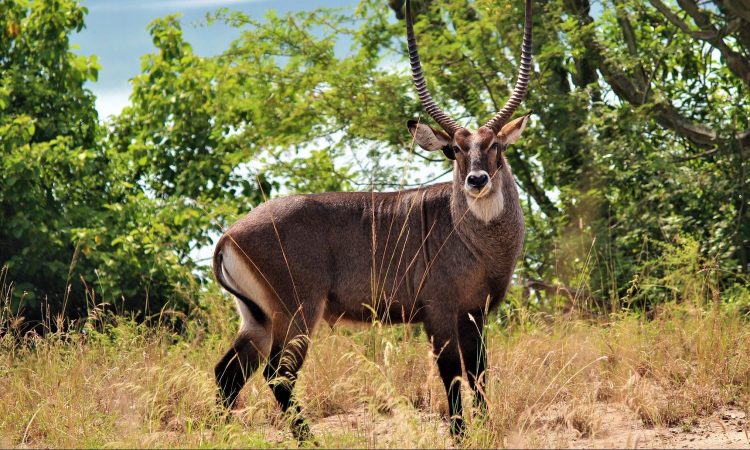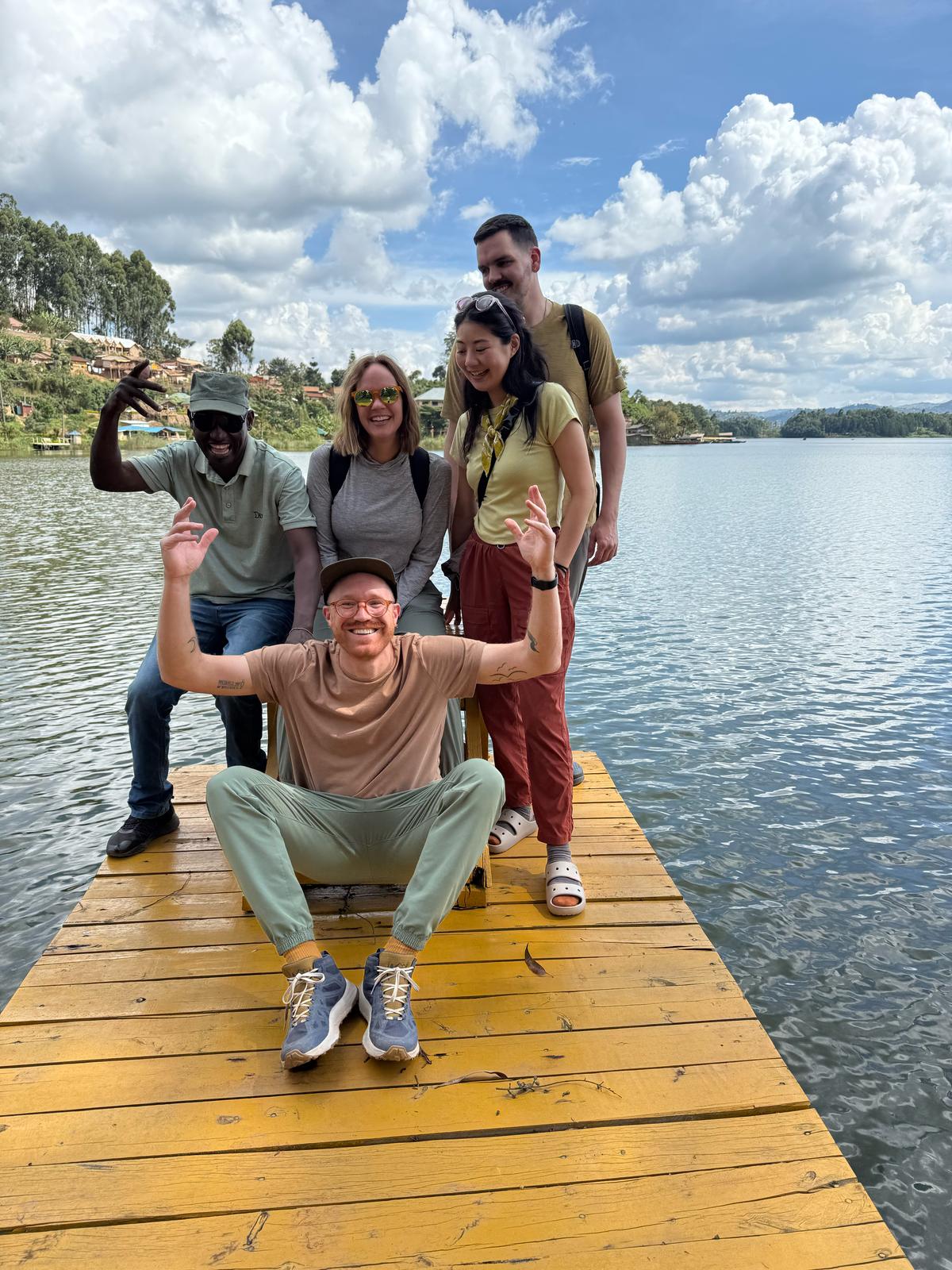Why are gorillas poached? Mountain gorillas are poached for many reasons. In this article, we will look at some of them.
These endangered animals live in central Africa, mainly in Uganda, Rwanda, and Congo. In the 19th century, mountain gorillas were almost extinct. Many were killed by poachers, as shown by mountain gorilla poaching statistics.
Poaching in Africa has gone on for a long time. The late Dian Fossey, an American primatologist, played a big role in helping mountain gorillas survive. Her work helped increase their population. She spent her life protecting gorillas, and sadly, her efforts led to her death in 1985.
Fossey spoke out strongly against gorilla poaching. In Rwanda, poaching used to be very common before she began her work. Her efforts showed the world why it is important to protect gorillas. After her death, other conservationists continued the work.
Mountain gorillas live in groups of about 5 to 30 members. Each group is led by a male called a silverback. The silverback leads all group activities and decides when and where they move each day. Gorillas spend most of their day searching for food and make new nests to sleep in every evening around 6 p.m.
Sadly, gorillas face many dangers as they move through the forest. Some are killed by poachers. In other cases, gorillas try to protect themselves and their families, and poachers have also died during these fights.
Reasons Why Gorillas Are Poached
Even though conservation work has made it harder to poach gorillas, the problem still exists. Here are some of the reasons why:
- For meat: Some people kill gorillas to eat their meat. In places like the Virunga Conservation Area in Congo, even armed groups hunt gorillas for food.
- Bushmeat trade: Gorilla meat is sold in illegal bushmeat markets. It is expensive and considered a special kind of meat, which pushes poachers to target them.
- Magic and charm: Some people believe that parts of gorillas; such as their hands, heads, or legs, have special powers. These are sometimes used by witch-doctors for traditional rituals, which encourages poaching.
- For pets: Gorillas are sometimes captured and sold illegally as pets. They are taken to homes, private zoos, or given to researchers. Some local people help poachers in exchange for money.
- Traps: Poachers often set traps in the forest to catch animals like antelopes or bush pigs. Gorillas can accidentally get caught in these traps while moving through the forest.
- Trophies: Some people keep dead gorillas as trophies to show power or importance.
Other Factors That Lead to Gorilla Deaths
Besides poaching, there are other reasons why gorillas die:
- Lack of awareness: Some local people don’t know how important gorillas are to their country or the world. Teaching them about the value of gorillas can help stop hunting.
- Diseases: Gorillas are very similar to humans and can easily catch human diseases. This is why sick tourists are not allowed to visit gorillas. A disease outbreak can kill many gorillas.
- War and unrest: Wars in Rwanda and Congo have put gorillas at risk. Some parts of Congo are still unsafe, which makes it hard to protect gorillas.
- Natural disasters: Heavy rains, landslides, and floods can destroy gorilla habitats and affect their numbers.
- Habitat loss: As human populations grow, forests are cleared for farming, homes, and factories. This pushes gorillas into higher areas where the cold can cause sickness and death.
- Oil and gas exploration: In Congo’s Virunga National Park, oil and gas exploration has made gorilla habitats less safe and increased the risk of poaching and disease.
Even though gorilla poaching is a big challenge, many efforts are being made to stop it. Today, tourists can visit gorillas through guided treks. Permits are needed to see gorillas, and prices are different in Uganda, Rwanda, and Congo.
Uganda also offers gorilla habituation experiences, where tourists can join researchers as they prepare wild gorillas to get used to human presence.
These activities help fund conservation and support the local communities living near the parks.
Book Your Tour Now
If you want to add more days or visit more places, please contact us through our main contact page using the button below.


